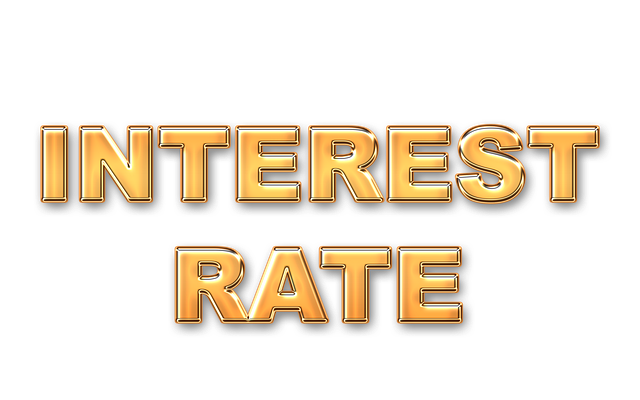In the real estate industry, credit scores are vital indicators influencing borrowing costs and loan terms. Higher credit scores secure better conditions, while lower scores lead to higher expenses. Understanding and managing credit is crucial for efficient navigation of the competitive real estate market, ensuring accessible and affordable borrowing options through consistent repayment behavior and strong creditworthiness.
In the world of real estate, understanding crucial determinants of borrowing costs can significantly impact your financial journey. This article delves into three key factors shaping your loan eligibility and interest rates: credit score, debt-to-income ratio, and property value assessment. By exploring these elements in detail, we equip folks with knowledge to navigate the mortgage landscape effectively, ensuring they secure competitive borrowing rates for their real estate pursuits. Remember that, in this intricate financial tapestry, every thread counts.
Credit Score: The Gatekeeper of Borrowing Costs in Real Estate

In the realm of real estate, understanding crucial determinants of borrowing costs is paramount for both lenders and borrowers. One such significant factor is the credit score—a numerical representation of an individual’s financial reliability. This gatekeeper of borrowing costs plays a pivotal role in the real estate sector, influencing the terms and rates offered to prospective homeowners.
A higher credit score typically translates into more favorable loan conditions, including lower interest rates. Lenders view individuals with excellent credit as less risky, thereby extending loans at competitive terms. Conversely, a lower credit score may result in higher borrowing costs, as lenders mitigate potential risks associated with borrowers who have historically demonstrated poor financial management. This dynamic underscores the importance of maintaining a robust credit profile to navigate the real estate market efficiently.
– Understanding the role of credit score in determining loan eligibility and interest rates.

In the realm of Real Estate, understanding your credit score is paramount to unlocking favorable borrowing costs. Lenders often view a strong credit score as an indication of financial reliability and responsible borrowing habits. This, in turn, translates into better loan terms, including lower interest rates. Conversely, a poor credit score may result in higher interest rates or even loan denial, significantly impacting your purchasing power.
When applying for a mortgage or any other type of loan, lenders thoroughly assess your creditworthiness based on factors like payment history, outstanding debt, and length of credit history. A high credit score demonstrates consistent repayment behavior, which reassures lenders that you can manage the financial obligations associated with a Real Estate transaction. Therefore, maintaining or improving your credit score is a strategic move to ensure accessible and affordable borrowing for your future Real Estate endeavors.
– How a strong credit score can lead to more favorable borrowing terms for real estate purchases.

A strong credit score is a powerful tool for anyone looking to navigate the real estate market as a buyer. When it comes to securing a mortgage, lenders often offer more favorable borrowing terms and rates to individuals with excellent credit histories. This is because a high credit score demonstrates financial responsibility and a lower risk to the lender. As such, borrowers with strong credit can expect competitive interest rates, larger loan amounts, and potentially more flexible repayment options on their real estate purchases.
This advantage is particularly significant in a competitive market where buyers need to stand out. A good credit score can give individuals an edge, allowing them to secure better financing conditions that could save them thousands of dollars over the life of their mortgage. It’s a crucial factor that can make the difference between a successful real estate transaction and one that involves less favorable borrowing terms.






